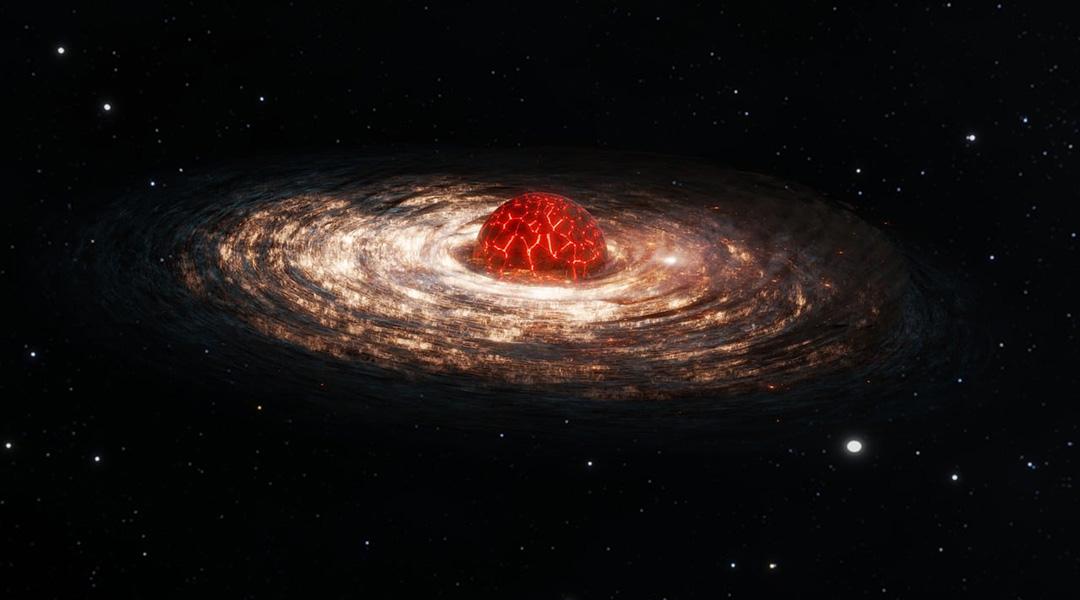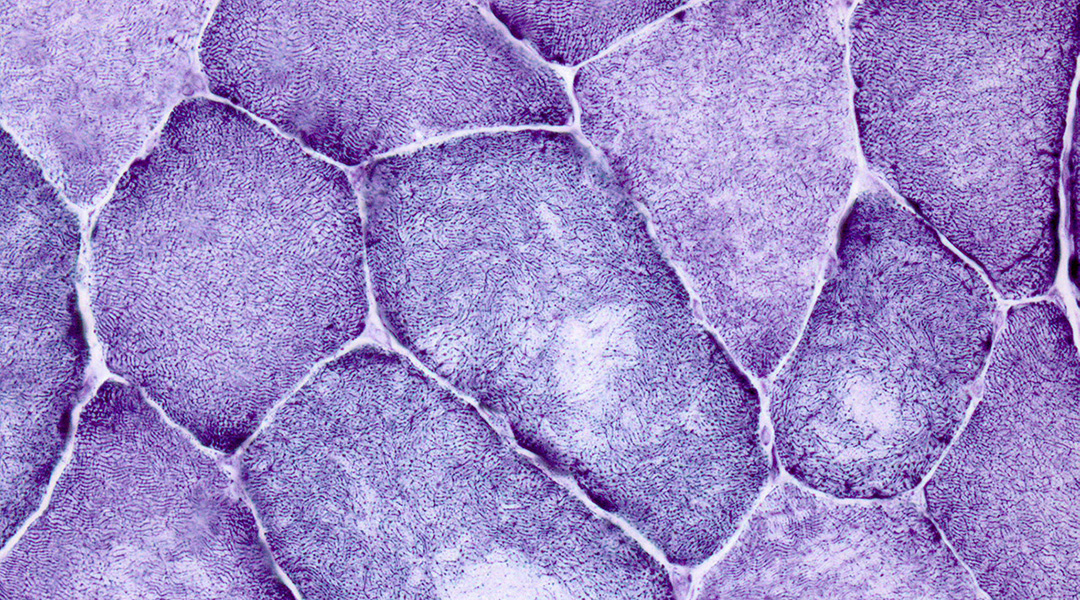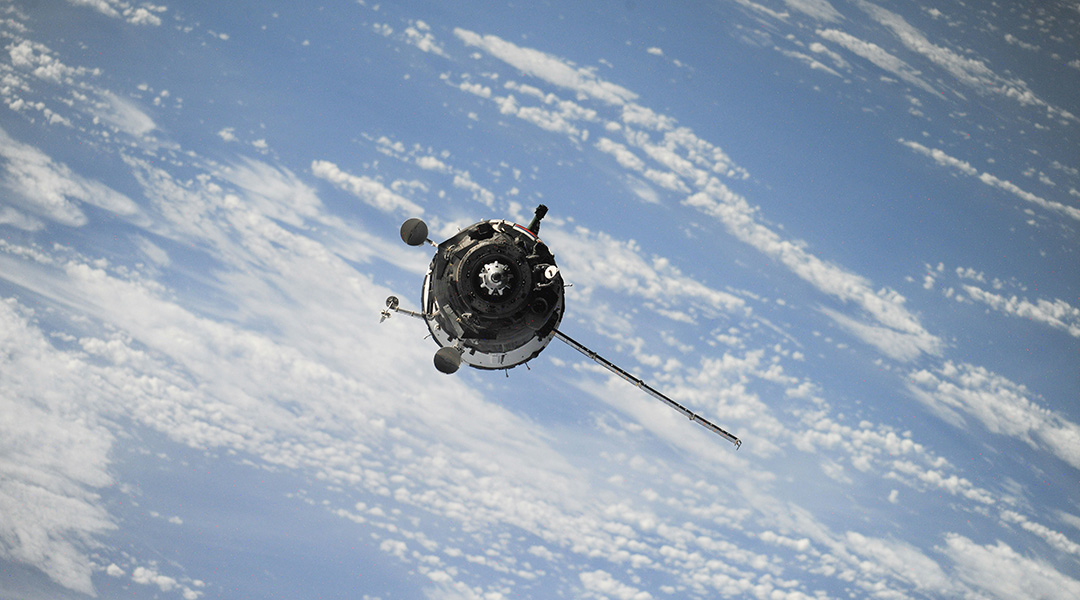Tiny interactions between dark matter particles may resolve discrepancies between theory and astronomical observations caused by quantum tunneling.


Tiny interactions between dark matter particles may resolve discrepancies between theory and astronomical observations caused by quantum tunneling.

Chaotic pools of DNA could be the future of encryption, proving authenticity of artwork or securing passwords against quantum computers.

Quantum dots are key to a new laser that could transform medical imaging, diagnostics, and boost communication.

While dark matter’s enigmatic nature persists, Proca stars made of dark photons could help shed light on this cosmic mystery.

In addition to ensuring the secure transfer of quantum communications, researchers have come up with a way to safely store and process data.

Understanding how muscular atrophy occurs on the cellular level could help researchers identify new drugs to treat the condition.

To develop medical treatments in space, scientists first need to understand how the body behaves in this foreign environment.

Harnessing quantum dots to produce low-energy single photons for applications in secure communications and quantum computing.

Using quasars as ticking cosmic clocks, scientists took a journey back in time, discovering time progressed five times slower just after the Big Bang.

Researchers investigate dark photons as alternatives to dark matter, aiming to detect these particles through experiments involving the conversion of light.